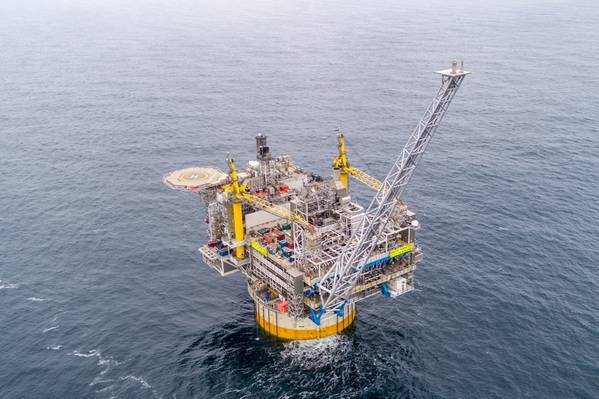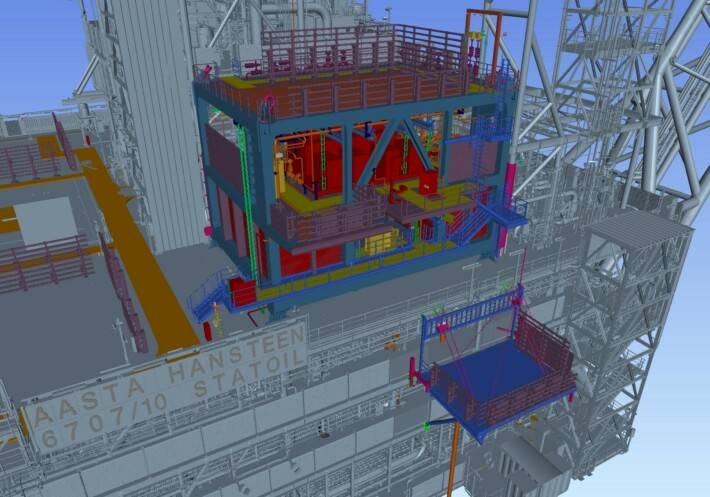
Equinor has awarded Aibel a contract to modify and prepare the Aasta Hansteen platform offshore Norway for integration with the Irpa gas field (formerly Asterix).
Equinor on Tuesday filed a plan for development and operation (PDO) for the Irpa offshore gas discovery to the Norwegian Minister for Petroleum and Energy.
Aibel estimates the contract to be a large contract, which at its peak will employ over 200 people. Aibel uses the term "large" on contracts where the value for Aibel is between NOK 1.5 and 2.5 billion (between ~$149 million and $248 million).
Equinor said Tuesday that the Irpa development would have a total cost of NOK (Norwegian Krone) 14.8 billion in 2022-NOK (currently at around $1,45 billion),
Management and engineering will be carried out from Aibel’s office in Stavanger, with the support of the offices in Oslo and Singapore. In addition, the project will exploit synergies with Aibel’s existing maintenance and modification contract for Aasta Hansteen, which is led by the Harstad office. Prefabrication and module assembly will take place at Aibel’s yards in Haugesund and Thailand, Aibel said.
The EPCIC contract (Engineering, Procurement, Construction, Installation, and Commissioning) was an option when Aibel was last year awarded the FEED contract (Front End Engineering and Design) to plan the modifications in detail. The MEG module that Aibel will construct and install at Aasta Hansteen. Illustration: Aibel.
The MEG module that Aibel will construct and install at Aasta Hansteen. Illustration: Aibel.
Irpa is a gas field located 80 kilometers west of the Aasta Hansteen platform in the Norwegian Sea. The field will be developed as a "tie-in" to Aasta Hansteen, with export via the 482 km long Polarled gas pipeline to the Nyhamna gas processing plant.
Aibel said that the Aasta Hansteen platform needs to be comprehensively modified in order to get production from the Irpa field. This will also add seven years to the platform's life.
This includes, among other things, integration work on the platform's existing processing equipment as well as construction and installation of an approximately 450 tonnes monoethylene glycol module (MEG module).
Engineering work starts immediately, while the first offshore activities are expected to begin in February 2023. The project is expected to be completed in 2026.



